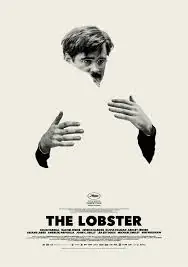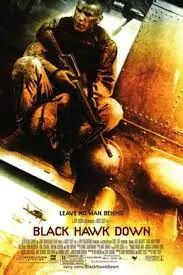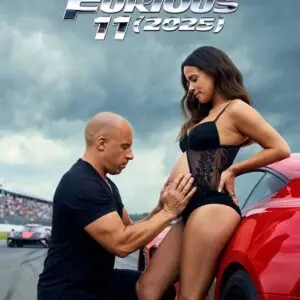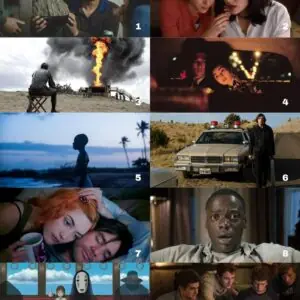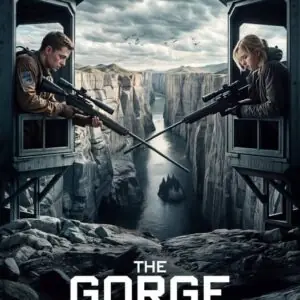When The Mortal Instruments: City of Bones hit theaters in 2013, it was met with mixed reviews, struggling to find its footing among the many YA fantasy adaptations of the time. Despite its flaws, the film developed a cult following, leading many to revisit its merits and shortcomings in hindsight.
Plot Overview: A World of Shadowhunters and Downworlders
Based on Cassandra Clare’s bestselling novel, the film follows Clary Fray (Lily Collins), a seemingly ordinary teenager who discovers she belongs to a hidden world of Shadowhunters—warriors who protect humanity from demons. After her mother (Lena Headey) is kidnapped, Clary is thrust into an ancient war between supernatural forces and must embrace her newfound abilities to uncover the truth about her heritage. Alongside Jace Wayland (Jamie Campbell Bower), Simon Lewis (Robert Sheehan), and a group of battle-hardened Shadowhunters, she embarks on a dangerous journey to recover the Mortal Cup, an artifact of immense power.
Strengths: Visuals, World-Building, and Cast
One of the film’s strongest aspects is its visual style. The gothic architecture, neon-lit clubs, and shadowy underworld create a unique aesthetic that complements the dark fantasy elements of the story. The Institute, the Shadowhunters’ base of operations, is particularly well-designed, blending ancient mysticism with modern technology.

Lily Collins delivers a solid performance as Clary, balancing vulnerability with determination as her world is turned upside down. Jamie Campbell Bower’s portrayal of Jace is divisive; while he embodies the brooding, sarcastic hero of the books, his chemistry with Collins occasionally falls flat. However, supporting performances from Robert Sheehan as Simon and Godfrey Gao as Magnus Bane add charm and depth to the ensemble.
Weaknesses: Pacing and Overcrowded Storytelling
The biggest flaw of City of Bones lies in its pacing and dense storytelling. The film attempts to cram too much of the book’s mythology into a two-hour runtime, leading to rushed character development and exposition-heavy dialogue. The script struggles to balance romance, action, and world-building, often making the narrative feel disjointed.

Additionally, the romance between Clary and Jace lacks the emotional depth needed to be compelling, in part due to some awkwardly written lines and forced melodrama. Meanwhile, the film’s villain, Valentine Morgenstern (Jonathan Rhys Meyers), comes across as more unhinged than calculating, deviating significantly from his more menacing book counterpart.
Action and Effects: A Mixed Bag
The action sequences in City of Bones are hit-or-miss. Some fights, particularly those involving demons and Shadowhunter combat techniques, are well-executed and visually engaging. However, certain CGI effects, especially the demon transformations, feel underwhelming and dated compared to other fantasy films of the time.

Final Verdict: A Flawed Yet Entertaining Adaptation
Despite its narrative shortcomings, The Mortal Instruments: City of Bones has an undeniable charm that appeals to fans of the source material. While it failed to launch the intended franchise, it remains an interesting attempt at adapting a complex fantasy series. The film shines in its visual design and select performances but struggles with pacing and emotional engagement.
Final Rating: 6.5/10
Pros:
- Impressive world-building and production design
- Strong supporting performances, particularly from Robert Sheehan and Godfrey Gao
- Engaging action sequences in parts
Cons:
- Rushed pacing and excessive exposition
- Underdeveloped romance and uneven chemistry between leads
- Some weak CGI moments
For those who enjoy supernatural fantasy and can overlook its flaws, City of Bones is an enjoyable, if imperfect, adventure. While it didn’t achieve the success of franchises like Harry Potter or The Hunger Games, its cult following proves there was something magical buried within the chaos.
